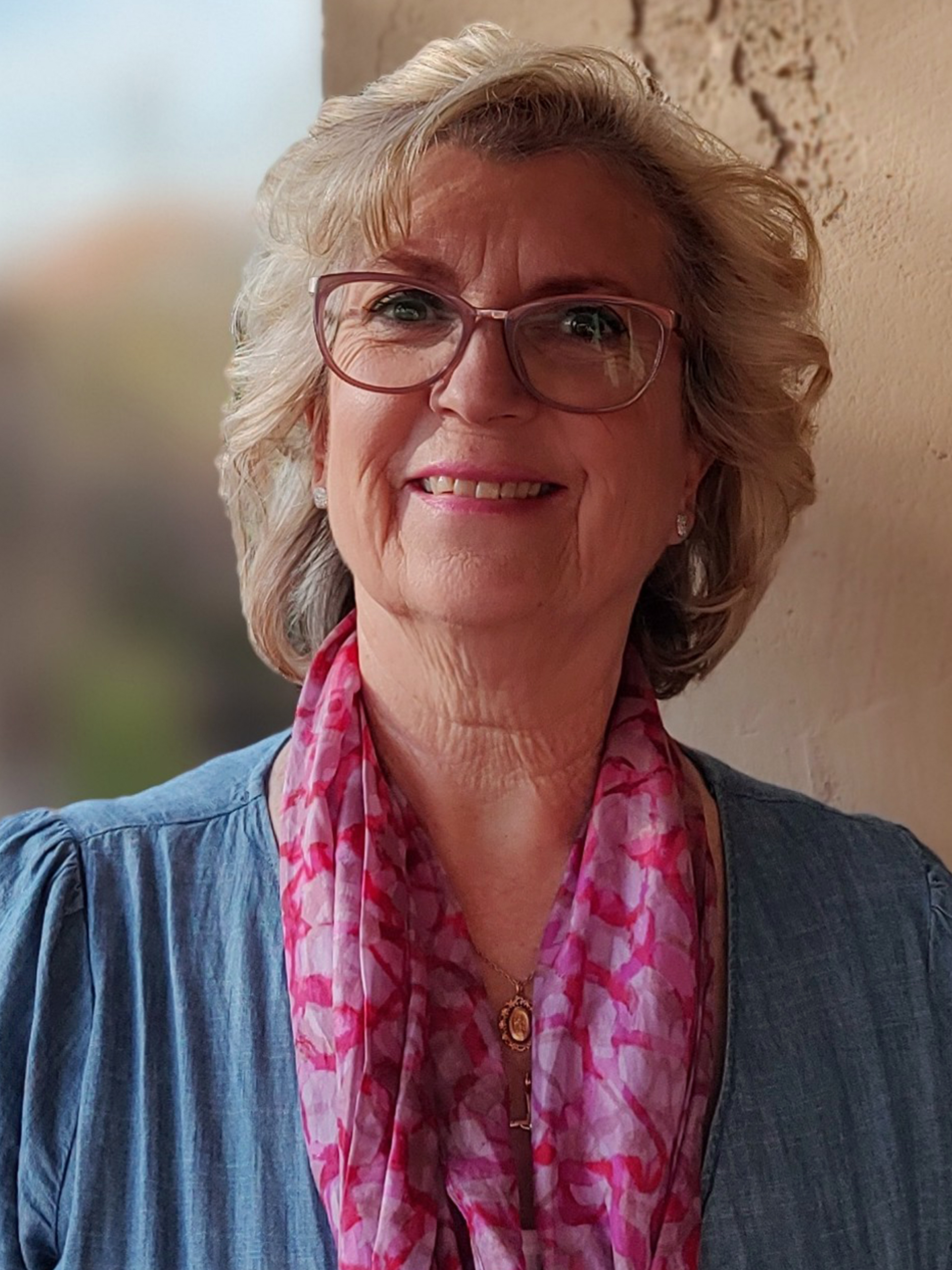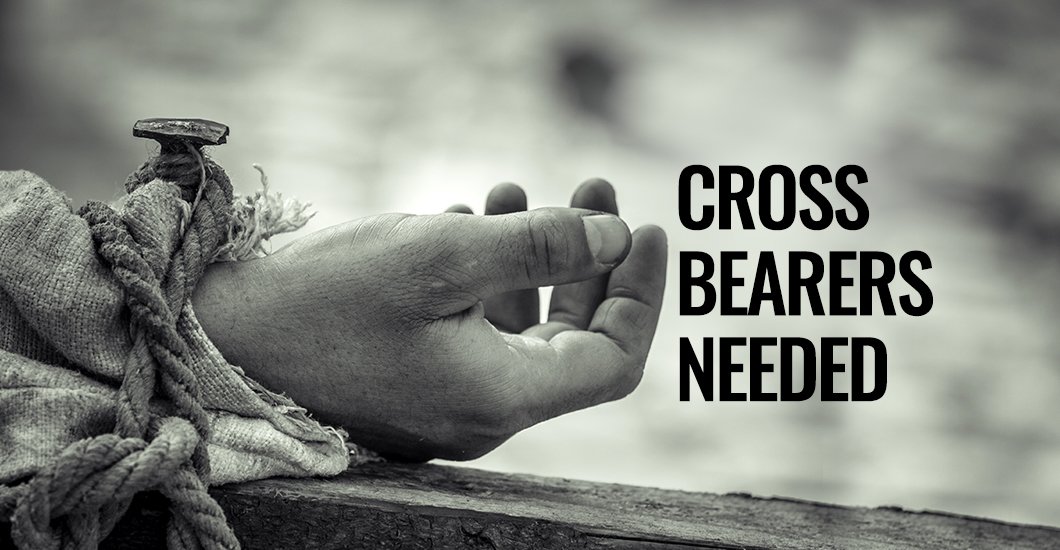Trending Articles
Cross Bearers Needed
Last March, my father sent out an e-mail to his family marking an important date in his life. It was the anniversary of the day when, at thirty years old, he woke up paralyzed. Forty-eight years had passed. I was only eight years old, and the oldest of five children. I cannot remember my father standing upright and living a normal, pain-free life. From that fateful morning, life for him and my mom has been arduous.
My siblings and I learned at a very young age to walk softly, step up and help out, and to pray hard for miracles. I have memories of us all kneeling around my parent’s bed reciting the Rosary and intently watching his legs to see if God would do a miracle. I can remember him holding the Rosary as tears rolled down his cheeks, embracing the only hope that kept him going.
As stories unfold of people wanting to take their own lives in some insane attempt to control how they die, I cannot help but wonder how selfish they are. I am not being heartless nor unsympathetic. I do not believe they have any idea of the beauty and dignity each life possesses, even in pain and brokenness, and the value of their presence in the world. If anyone would have had cause to abruptly end his suffering, and the so-called burden on his family, it would have been my father.
Yet, our understanding as Catholic Christians is that every life, whether special, terminal, disadvantaged, or disabled in some way teaches humanity something. We need their heroic witness in the face of seemingly senseless suffering. Our hearts are compelled (or should be) to look outside of ourselves and reach out, assist, and pray for them. We can draw strength from their personal fortitude and resilience in difficulty. We are encouraged to go forward in our own struggles, to put trials in perspective, and to persevere even in the darkest of nights.
I cannot imagine what our lives would have been like without my father’s audacious influence. I cannot fathom the depth of self-sacrifice my mother has freely given over the past forty-eight years. As husband and wife, father and mother, they have showed their children, grandchildren, and great-grandchildren what sacrificial love looks like. They did not give excuses why their marriage should have ended years ago and have continued keeping their vows in the harsh reality that love demands. Married love requires total self-giving for the good of the other, until death parts them. No lame, selfish, “I-centered” excuses.
Spouses grow in holiness in and through their married life. Their example of taking love to the limits for the good of the other and their children—no matter what—creates security, trust, and unity. It gives the rest of us a peek at God’s unconditional love for us. This is only ever possible with Christ Jesus and the understanding of the beauty of the Cross. They are not alone, and they know this to their very core. Complete reliance on Jesus has gotten my parents through every moment of every day for fifty-seven years. Humanity needs this witness.
I am personally drawn to their example as the effects of my collision with a car left me with countless fractured ribs and vertebrae. When I get overwhelmed by the persistent pain, the constant need to stop what I am doing and lay down, it is easy to want to give up and give in to despair. I need to be able to look to credible witnesses who have conquered the night, and fought the good fight. When I want to wallow in self, I can instead look beyond at their example (and many others) of sacrificial suffering teaching us all a lesson worth learning. “If you want to follow me, deny yourself, pick up your cross daily…” (Luke 9:23).
Life is short and eternity is a very long time.
So who inspires you if not God? Where do you want to spend eternity? Believe it or not, your soul goes on, and maybe, just maybe, this Jesus might have something worth listening to. Without Christ, I can see why people give up and end their so-called “senseless” suffering. Without the witness of strong, faithful, selfless marriages, I can see why couples give up and divorce.
In a cowardly, hedonistic world that has an aversion to anything that is not pleasurable or easy, it is impossible to see anything of value in pain or suffering. This is the critical nature of our determined, joyful, courageous witness. Both personal suffering and challenges in marriage relationships really are beneficial when we work through them and press on. The Gospel message is counter-cultural, but it is the narrow road that leads to eternal lasting joy.
To those irreplaceable, suffering souls who have shown us the power of the Cross, inspired and encouraged us to go on, thank you.

Barbara Lishko has served the Catholic Church for over twenty years. Married to Deacon Mark for over forty-two years, she is a mother of five, a grandmother of nine, and counting. They live in Arizona, USA, and she frequently blogs at pouredmyselfoutingift.com
Latest Articles
Want to be in the loop?
Get the latest updates from Tidings!





